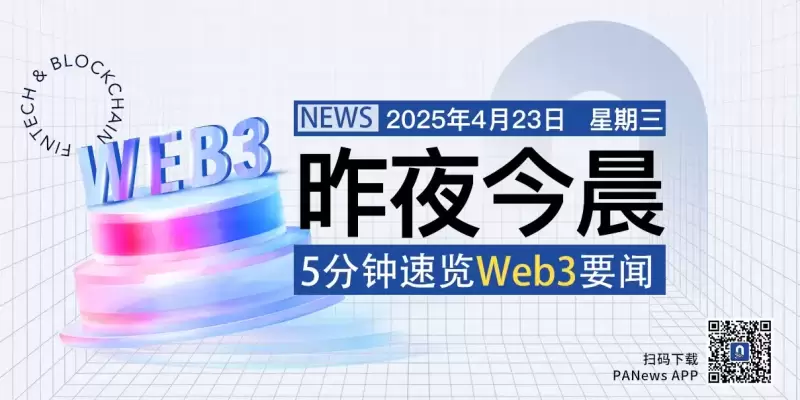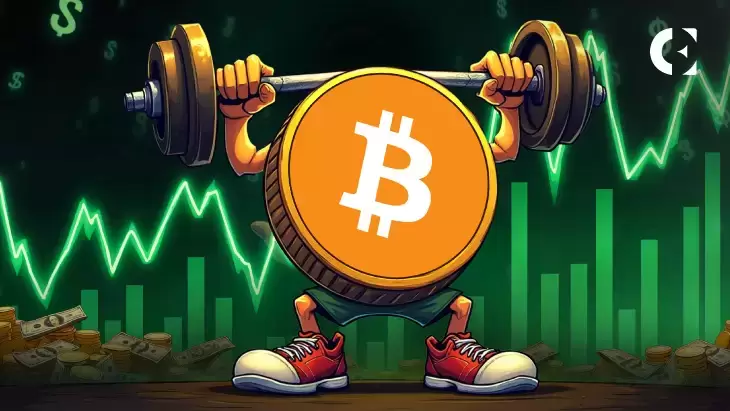 |
|
 |
|
 |
|
 |
|
 |
|
 |
|
 |
|
 |
|
 |
|
 |
|
 |
|
 |
|
 |
|
 |
|
 |
|
Cryptocurrency News Articles
France Allocates Millions to Support Local Crypto and Blockchain Initiatives
Mar 28, 2025 at 06:30 pm
Bpifrance, the French state-owned bank, is making a strategic move to invest €25 million ($27 million) in cryptocurrencies, with the aim of bolstering local blockchain and crypto initiatives.

Bpifrance, the French state-owned investment bank, is investing €25 million ($27 million) to support local crypto and blockchain initiatives, converging the country’s private and public funds.
The move will see Bpifrance invest in emerging French projects in decentralized finance (DeFi), staking, tokenization, and AI, in return for tokens from these ventures.
The initiative, which is part of the French Ministry of Economie et des Finances’ broader plan to support the country’s blockchain and crypto landscape, aims to ensure France’s competitiveness in a rapidly evolving global market.
Despite the global blockchain ecosystem growing rapidly, Bpifrance noted that the participation of French funds has been limited, and this new investment initiative will help bridge that gap.
“We need both private and public bodies to invest to put France in the best possible position for technological leadership,” said Clara Chappaz, France’s minister of digital and AI.
Echoing these sentiments, Bpifrance deputy CEO Arnaud Caudoux added that blockchain companies are becoming increasingly relevant, and France needs to increase its digital asset presence, especially as the U.S. is also accelerating its own crypto strategy.
Bpifrance has been an active investor in the blockchain space for years, having already invested over €150 million ($162 million) in blockchain-related projects, beginning with its early support of Ledger in 2014.
More recently, the bank began experimenting with token investments, such as its 2022 acquisition of Morpho’s DeFi token, which has since grown significantly and is now ranked among the top protocols in the space.
The increasing interest in crypto-related investments is also evident in the venture capital space, where crypto deals are expected to exceed $18 billion this year. These investments often involve purchasing tokens from crypto platforms, usually with lock-up periods to prevent early investors from quickly selling them. However, liquidity from public token sales can contribute to market volatility.
Disclaimer:info@kdj.com
The information provided is not trading advice. kdj.com does not assume any responsibility for any investments made based on the information provided in this article. Cryptocurrencies are highly volatile and it is highly recommended that you invest with caution after thorough research!
If you believe that the content used on this website infringes your copyright, please contact us immediately (info@kdj.com) and we will delete it promptly.
-

-

-

- US Securities and Exchange Commission charges man who allegedly created crypto scheme that swindled 90,000 people out of $200M
- Apr 23, 2025 at 12:30 pm
- The US Securities and Exchange Commission and federal prosecutors have charged a man they allege created a crypto scheme that swindled 90,000 people out of $200 million
-

-

- US President Donald Trump’s media conglomerate, Trump Media and Technology Group, has signed an agreement with crypto exchange Crypto.com
- Apr 23, 2025 at 12:25 pm
- Trump Media, which operates the social media site Truth Social, said on April 22 that it signed a binding agreement with Crypto.com and asset manager Yorkville America Digital
-

-

-

-

- Bitcoin (BTC) Price Shocks Everyone as the Asset Regains Momentum, Breaking Through $90,000
- Apr 23, 2025 at 12:15 pm
- Bitcoin shocked everyone today as the asset regained momentum, breaking through a key psychological level. Today, on April 22nd, the world's largest cryptocurrency regained the $90,000 status



























































